
Robert Shorten (Principal Investigator), Imperial College
Peter Y K Cheung (Co-Investigator), Imperial College
Thomas Parisini (Co-Investigator), Imperial College
Roderick Murray-Smith (Co-Investigator), University of Glasgow
EPSRC funded project, EP/V018450/1. July-November 2020, with additional supporting funding from the EPSRC project: Closed-Loop Data Science for Complex, Computationally- and Data-Intensive Analytics

 Robert Shorten:
Professor
Shorten
is Professor of Cyber-physical Systems Design at Imperial College London and Professor of Control Engineering and Decision Science at UCD. He was a co-founder of the Hamilton Institute at Maynooth University, and led the Optimisation and Control team at IBM Research Smart Cities Research Lab in Dublin Ireland. He has been a visiting professor at TU Berlin and a research visitor at Yale University and Technion. He is a member of the IEEE Control Systems Society Technical Group on Smart Cities, and a member of the IFAC Technical Committees for Automotive Control, and for Discrete Event and Hybrid Systems. He is a co-author of the recently published books AIMD Dynamics and Distributed Resource Allocation (SIAM 2016) and Electric and Plug-in Vehicle Networks: Optimisation and Control (CRC Press, Taylor and Francis Group, 2017), and a co-editor of the recently published book:
Analytics for the Sharing Economy: Mathematics, Engineering and Business Perspectives (Springer).
Robert Shorten:
Professor
Shorten
is Professor of Cyber-physical Systems Design at Imperial College London and Professor of Control Engineering and Decision Science at UCD. He was a co-founder of the Hamilton Institute at Maynooth University, and led the Optimisation and Control team at IBM Research Smart Cities Research Lab in Dublin Ireland. He has been a visiting professor at TU Berlin and a research visitor at Yale University and Technion. He is a member of the IEEE Control Systems Society Technical Group on Smart Cities, and a member of the IFAC Technical Committees for Automotive Control, and for Discrete Event and Hybrid Systems. He is a co-author of the recently published books AIMD Dynamics and Distributed Resource Allocation (SIAM 2016) and Electric and Plug-in Vehicle Networks: Optimisation and Control (CRC Press, Taylor and Francis Group, 2017), and a co-editor of the recently published book:
Analytics for the Sharing Economy: Mathematics, Engineering and Business Perspectives (Springer).
 Peter Cheung:
is Professor of Digital Systems, splitting his time between the Department of Electrical & Electronic Engineering, and Dyson School of Design Engineering. Together with Professor Wayne Luk in Department of Computing, he established one of the strongest research groups in the area of Field Programmable Gate Arrays (FPGAs) in the UK. His research in reconfigurable systems and technology include architecture, variability mitigation, reliability issues, high-level synthesis and tools, and various application area for FPGAs
Peter Cheung:
is Professor of Digital Systems, splitting his time between the Department of Electrical & Electronic Engineering, and Dyson School of Design Engineering. Together with Professor Wayne Luk in Department of Computing, he established one of the strongest research groups in the area of Field Programmable Gate Arrays (FPGAs) in the UK. His research in reconfigurable systems and technology include architecture, variability mitigation, reliability issues, high-level synthesis and tools, and various application area for FPGAs
 Thomas Parisini: Professor Parisini
received the Ph.D. degree in Electronic Engineering and Computer Science in
1993 from the University of Genoa. He was with Politecnico di Milano and since
2010 he holds the Chair of Industrial Control and is Director of Research at
Imperial College London. He is a Deputy Director of the KIOS Research and
Innovation Centre of Excellence, University of Cyprus. Since 2001 he is also
Danieli Endowed Chair of Automation Engineering with University of Trieste. In
2009-2012 he was Deputy Rector of University of Trieste.
He authored or
co-authored more than 330 research papers in archival journals, book chapters,
and international conference proceedings. His research interests include
neural-network approximations for optimal control problems, distributed
estimation, distributed methods for cyber-attack detection and cyber-secure
control of large-scale systems, fault diagnosis for nonlinear and distributed
systems, nonlinear model predictive control systems and nonlinear estimation.
Thomas Parisini: Professor Parisini
received the Ph.D. degree in Electronic Engineering and Computer Science in
1993 from the University of Genoa. He was with Politecnico di Milano and since
2010 he holds the Chair of Industrial Control and is Director of Research at
Imperial College London. He is a Deputy Director of the KIOS Research and
Innovation Centre of Excellence, University of Cyprus. Since 2001 he is also
Danieli Endowed Chair of Automation Engineering with University of Trieste. In
2009-2012 he was Deputy Rector of University of Trieste.
He authored or
co-authored more than 330 research papers in archival journals, book chapters,
and international conference proceedings. His research interests include
neural-network approximations for optimal control problems, distributed
estimation, distributed methods for cyber-attack detection and cyber-secure
control of large-scale systems, fault diagnosis for nonlinear and distributed
systems, nonlinear model predictive control systems and nonlinear estimation.
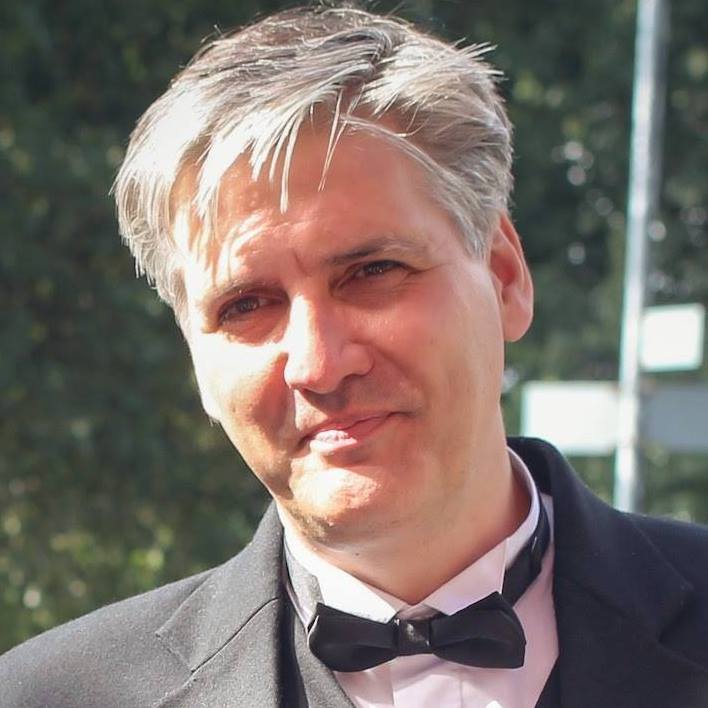 Roderick Murray-Smith:
Roderick Murray-Smith is a Professor
of Computing Science at Glasgow University, leading the Inference, Dynamics and Interaction
research group, and heads the 50-strong Section on Information, Data and
Analysis. He works in the overlap between machine learning,
interaction design and control theory. In recent years his research has
included multimodal sensor-based interaction with mobile devices, mobile
spatial interaction, AR/VR, Brain-Computer interaction and nonparametric
machine learning. Prior to this he held positions at the Hamilton Institute,
NUIM, Technical University of Denmark, M.I.T., and
Daimler-Benz Research, Berlin, and was the Director of SICSA, the Scottish
Informatics and Computing Science Alliance (all academic CS departments in
Scotland). He works closely with the mobile phone industry, having worked
together with Nokia, Samsung, FT/Orange, Microsoft and Bang &
Olufsen. He was a member of Nokia's Scientific Advisory Board and a member of
the Scientific Advisory Board for the Finnish Centre of Excellence in
Computational Inference Research. He has co-authored three edited volumes, 35
journal papers, 21 book chapters, and over 100 conference papers.
Roderick Murray-Smith:
Roderick Murray-Smith is a Professor
of Computing Science at Glasgow University, leading the Inference, Dynamics and Interaction
research group, and heads the 50-strong Section on Information, Data and
Analysis. He works in the overlap between machine learning,
interaction design and control theory. In recent years his research has
included multimodal sensor-based interaction with mobile devices, mobile
spatial interaction, AR/VR, Brain-Computer interaction and nonparametric
machine learning. Prior to this he held positions at the Hamilton Institute,
NUIM, Technical University of Denmark, M.I.T., and
Daimler-Benz Research, Berlin, and was the Director of SICSA, the Scottish
Informatics and Computing Science Alliance (all academic CS departments in
Scotland). He works closely with the mobile phone industry, having worked
together with Nokia, Samsung, FT/Orange, Microsoft and Bang &
Olufsen. He was a member of Nokia's Scientific Advisory Board and a member of
the Scientific Advisory Board for the Finnish Centre of Excellence in
Computational Inference Research. He has co-authored three edited volumes, 35
journal papers, 21 book chapters, and over 100 conference papers.
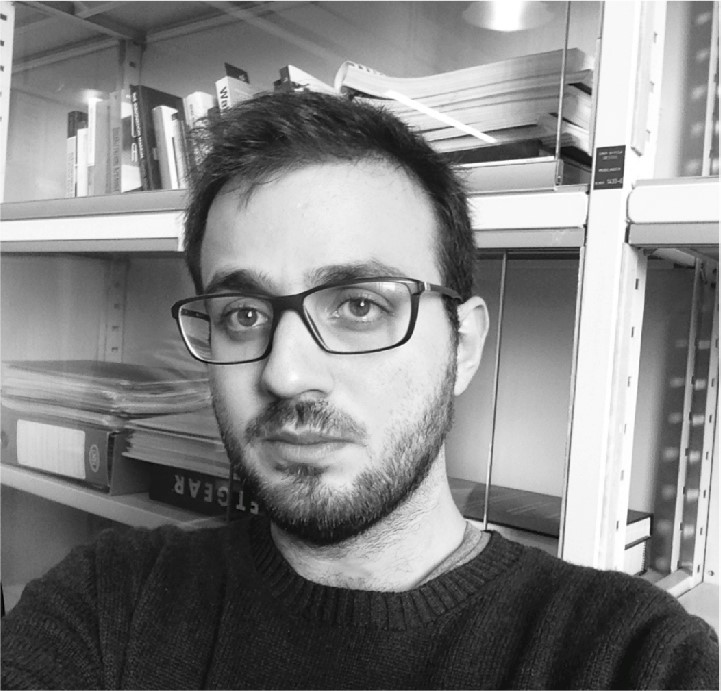 Pietro Ferraro received a Master’s degree in Robotics and control engineering and a Ph.D. in control and electrical engineering from University of Pisa, respectively in 2015 and in 2018. He is currently a Research Associate with the Dyson school of design engineering at Imperial College London. His research in terests include control theory applied to the Sharing Economy domain, Distributed Ledger Technologies and Artificial Intelligence.
Pietro Ferraro received a Master’s degree in Robotics and control engineering and a Ph.D. in control and electrical engineering from University of Pisa, respectively in 2015 and in 2018. He is currently a Research Associate with the Dyson school of design engineering at Imperial College London. His research in terests include control theory applied to the Sharing Economy domain, Distributed Ledger Technologies and Artificial Intelligence.
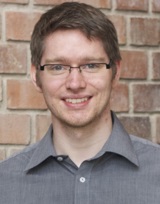 Sebastian Stein: Sebastian received his German Diplom (M.Sc. equivalent) in Computer Science and Electrical Engineering from the Technical University of Dortmund in 2010, and for his work on recognising manipulation actions and methods for fusing data from video and embedded accelerometers, he was awarded his Ph.D. in Computing from the University of Dundee in 2014. He continued his research as postdoctoral research assistant in Dundee before joining the University of Glasgow as Research Associate in 2016. His interests are in intelligent interactive systems, spanning areas of HCI, ubiquitous computing, action recognition, computer vision and machine learning.
Sebastian Stein: Sebastian received his German Diplom (M.Sc. equivalent) in Computer Science and Electrical Engineering from the Technical University of Dortmund in 2010, and for his work on recognising manipulation actions and methods for fusing data from video and embedded accelerometers, he was awarded his Ph.D. in Computing from the University of Dundee in 2014. He continued his research as postdoctoral research assistant in Dundee before joining the University of Glasgow as Research Associate in 2016. His interests are in intelligent interactive systems, spanning areas of HCI, ubiquitous computing, action recognition, computer vision and machine learning.
 Michelangelo Bin: Michelangelo Bin received a Master’s degree in Automation Engineering and a Ph.D. in Control Theory from the University of Bologna in 2015 and 2019 respectively. From September 2019 he has been with the Department of Electrical and Electronic Engineering at Imperial College London where he is currently Research Associate. From September 2020 he is Associate Editor of Systems & Control Letters. His research interests include nonlinear control and regulation, observer design, distributed optimization and control, and adaptive systems.
Michelangelo Bin: Michelangelo Bin received a Master’s degree in Automation Engineering and a Ph.D. in Control Theory from the University of Bologna in 2015 and 2019 respectively. From September 2019 he has been with the Department of Electrical and Electronic Engineering at Imperial College London where he is currently Research Associate. From September 2020 he is Associate Editor of Systems & Control Letters. His research interests include nonlinear control and regulation, observer design, distributed optimization and control, and adaptive systems.
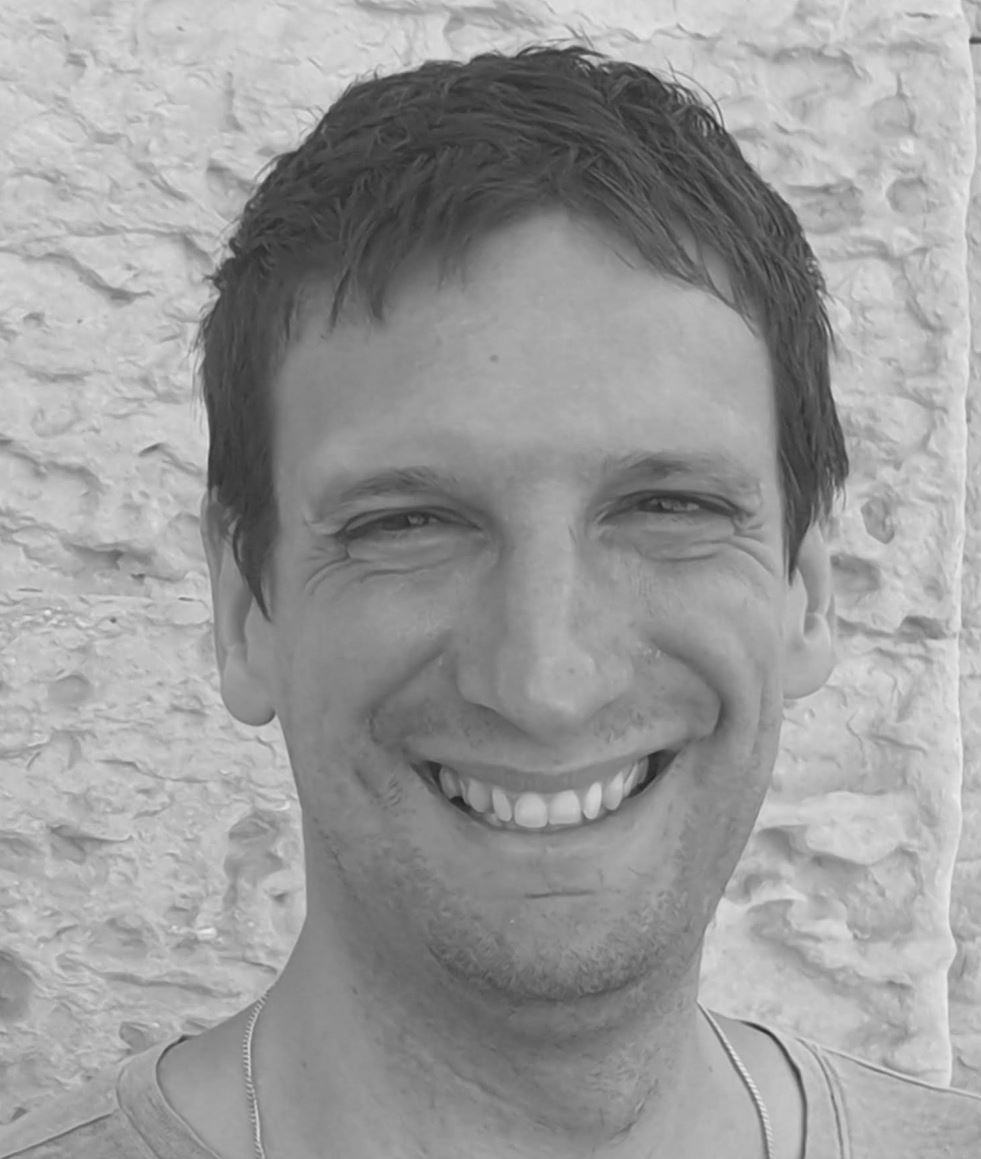 Emanuele Crisostomi: (IEEE Senior
Member since 2016) received a B.Sc. degree in computer science engineering,
M.Sc. degree in automatic control, and Ph.D. degree in automatics, robotics,
and bioengineering from the University of Pisa, Italy, in 2002, 2005, and 2009,
respectively. He is currently an Associate Professor of Electrotechnics with
the Department of Energy, Systems, Territory, and Constructions Engineering,
University of Pisa. His research interests include control and optimization of
large scale systems, including smart grids and green mobility networks. He is a
co-author of the recently published book on "Electric and Plug-in Vehicle
Networks: Optimization and Control", CRC Press, Series: Automation and
Control Engineering, 2017, and an Editor of the Springer Nature book on "Analytics
for the Sharing Economy: Mathematics, Engineering and Business
Perspectives", 2020. Affiliation:
Department of Energy, Systems, Territory and Constructions Engineering
(DESTEC), University of Pisa, L. go L. Lazzarino 2, Pisa, Italy.
Emanuele Crisostomi: (IEEE Senior
Member since 2016) received a B.Sc. degree in computer science engineering,
M.Sc. degree in automatic control, and Ph.D. degree in automatics, robotics,
and bioengineering from the University of Pisa, Italy, in 2002, 2005, and 2009,
respectively. He is currently an Associate Professor of Electrotechnics with
the Department of Energy, Systems, Territory, and Constructions Engineering,
University of Pisa. His research interests include control and optimization of
large scale systems, including smart grids and green mobility networks. He is a
co-author of the recently published book on "Electric and Plug-in Vehicle
Networks: Optimization and Control", CRC Press, Series: Automation and
Control Engineering, 2017, and an Editor of the Springer Nature book on "Analytics
for the Sharing Economy: Mathematics, Engineering and Business
Perspectives", 2020. Affiliation:
Department of Energy, Systems, Territory and Constructions Engineering
(DESTEC), University of Pisa, L. go L. Lazzarino 2, Pisa, Italy.
 Lewi Stone: Lewi Stone employs mathematical models to help study biological systems. His interest lies in particular in theoretical ecology, in which he uses nonlinear dynamical systems theory, networks and probabilistic approaches to study the stability, persistence and extinction of species, often in a community context. He is also greatly interested in modeling the spread of diseases in epidemiological systems, their seasonal drivers and their mitigation. Specific research interests are: Theoretical Ecology, Mathematical Biology, Population Models of Disease Spread, Nonlinear Dynamics.
Lewi Stone: Lewi Stone employs mathematical models to help study biological systems. His interest lies in particular in theoretical ecology, in which he uses nonlinear dynamical systems theory, networks and probabilistic approaches to study the stability, persistence and extinction of species, often in a community context. He is also greatly interested in modeling the spread of diseases in epidemiological systems, their seasonal drivers and their mitigation. Specific research interests are: Theoretical Ecology, Mathematical Biology, Population Models of Disease Spread, Nonlinear Dynamics.
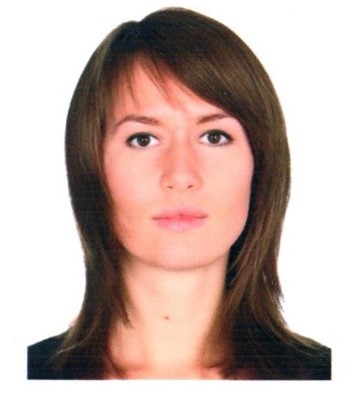 Ekaterina Dudkina: Ekaterina Dudkina was born in Saint-Petersburg, Russia in 1992. She received her M.Sc. degree in Energy management at Peter the Great St. Petersburg Polytechnic University, Saint-Petersburg, Russia. After working in the Federal Grid Company, Russia, she continued her education and obtained a Master in Electrical Engineering for Smart Grids in Grenoble INP, Grenoble, France in 2016. Currently, she is pursuing a Ph.D. degree with the University of Pisa, Pisa, Italy. Her current research interests are on peer-to-peer energy markets and graph theory.
Ekaterina Dudkina: Ekaterina Dudkina was born in Saint-Petersburg, Russia in 1992. She received her M.Sc. degree in Energy management at Peter the Great St. Petersburg Polytechnic University, Saint-Petersburg, Russia. After working in the Federal Grid Company, Russia, she continued her education and obtained a Master in Electrical Engineering for Smart Grids in Grenoble INP, Grenoble, France in 2016. Currently, she is pursuing a Ph.D. degree with the University of Pisa, Pisa, Italy. Her current research interests are on peer-to-peer energy markets and graph theory.
 Hugo Lhachemi: Hugo Lhachemi received a four-year university degree in mathematics from Université Claude Bernard Lyon I, France, in 2011, an engineering degree from Ecole Centrale de Lyon, France, in 2013, and a M.Sc. degree in Aerospace Engineering from Polytechnique Montreal, Canada, in 2013. He received his Ph.D. degree in Electrical Engineering from Polytechnique Montreal in 2017. He was a postdoctoral fellow in Automation and Control at University College Dublin, Ireland, from 2018 to 2020. Since 2020, he is an Associate Professor of System Control at CentraleSupélec, France. His main research interests include nonlinear control, infinite dimensional systems, and their applications to aerospace and cyber-physical systems.
Hugo Lhachemi: Hugo Lhachemi received a four-year university degree in mathematics from Université Claude Bernard Lyon I, France, in 2011, an engineering degree from Ecole Centrale de Lyon, France, in 2013, and a M.Sc. degree in Aerospace Engineering from Polytechnique Montreal, Canada, in 2013. He received his Ph.D. degree in Electrical Engineering from Polytechnique Montreal in 2017. He was a postdoctoral fellow in Automation and Control at University College Dublin, Ireland, from 2018 to 2020. Since 2020, he is an Associate Professor of System Control at CentraleSupélec, France. His main research interests include nonlinear control, infinite dimensional systems, and their applications to aerospace and cyber-physical systems.
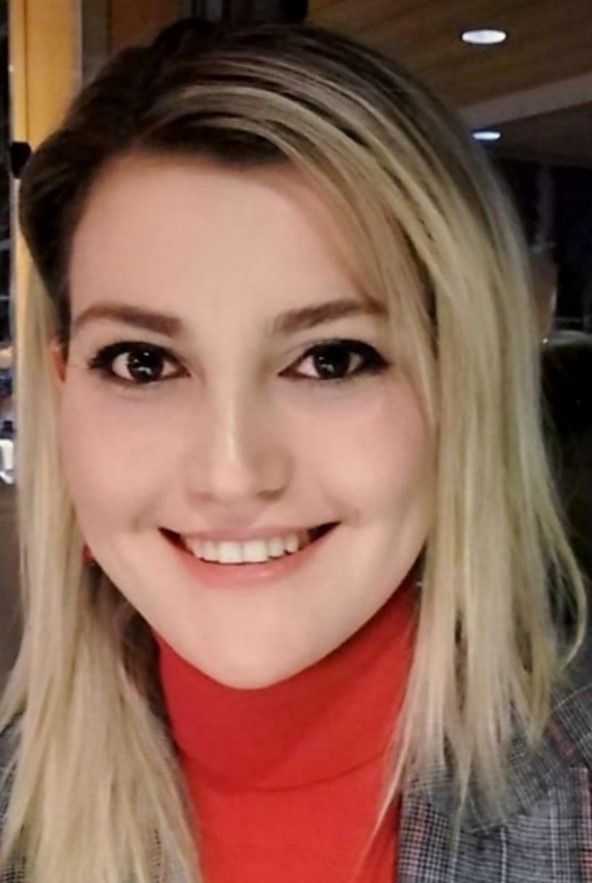 Serife Yilmaz: Serife Yilmaz received a four-year university degree in Mathematics Education and a Ph.D. degree in Mathematics from the Anadolu University, Eskisehir, Turkey, in 2007 and 2014, respectively. Since 2015, she is currently Assistant Professor of Mathematics Education at Mehmet Akif Ersoy University, Turkey. She is a postdoctoral fellow in Cyber Physical Systems Design at Imperial College London, London, UK, working with Prof. Robert Shorten, from 2020 to 2021. Her main research spans a number of areas. She has been active in control theory, linear algebra, dynamical systems, electric vehicles, smart city as well as Mathematics Education.
Serife Yilmaz: Serife Yilmaz received a four-year university degree in Mathematics Education and a Ph.D. degree in Mathematics from the Anadolu University, Eskisehir, Turkey, in 2007 and 2014, respectively. Since 2015, she is currently Assistant Professor of Mathematics Education at Mehmet Akif Ersoy University, Turkey. She is a postdoctoral fellow in Cyber Physical Systems Design at Imperial College London, London, UK, working with Prof. Robert Shorten, from 2020 to 2021. Her main research spans a number of areas. She has been active in control theory, linear algebra, dynamical systems, electric vehicles, smart city as well as Mathematics Education.
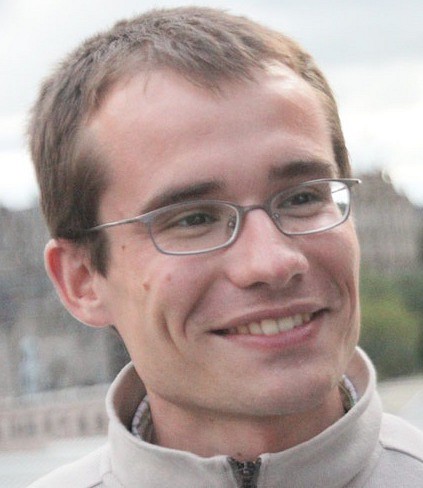 Jakub Mareček:
Jakub Mareček received his Ph.D. degree from the University of Nottingham, Nottingham, U.K., in 2012. Currently, he is a faculty member at the Czech Technical University in Prague, the Czech Republic. He has also worked in two start-ups, at ARM Ltd., at the University of Edinburgh, at the University of Toronto, at IBM Research -- Ireland, and at the University of California, Los Angeles. His research interests include the design and analysis of algorithms for optimisation and control problems across a range of application domains.
Jakub Mareček:
Jakub Mareček received his Ph.D. degree from the University of Nottingham, Nottingham, U.K., in 2012. Currently, he is a faculty member at the Czech Technical University in Prague, the Czech Republic. He has also worked in two start-ups, at ARM Ltd., at the University of Edinburgh, at the University of Toronto, at IBM Research -- Ireland, and at the University of California, Los Angeles. His research interests include the design and analysis of algorithms for optimisation and control problems across a range of application domains.